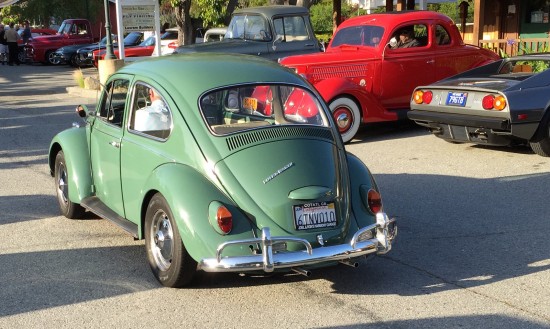Holding onto your car might seem like a straightforward decision, no sales ads, no haggling with buyers, no emotional farewells to your reliable vehicle, but in keeping it comes with its own set of responsibilities that should not be underestimated. No matter whether it be sentimental attachment or practical considerations that is driving your decision not to sell it off, either way there are several realities you need to anticipate before keeping it.
Maintenance Costs Don’t Magically Disappear
Owning a car can be like entering into a long-term relationship, it requires care, attention, and at times financial investment to maintain. Before opting to keep it for any length of time you must plan for any ongoing costs related to maintaining it properly. Think routine servicing, MOT tests, tire replacements and oil changes as well as any small repairs that need attention immediately. As your vehicle ages, its upkeep may become increasingly costly. At some point, all parts wear out and even though you might appreciate classic cars more, your wallet may not. One of the more significant and costly repairs as your car ages is a gearbox rebuild. Over time, transmission systems become worn-and-torn from use. Cars that have been driven frequently or through severe conditions are particularly prone to transmission failures which may result in issues like difficulty shifting gears, strange noises or even complete vehicle immobility.
The “Parking Predicament”
Storing an unused car at home can quickly become an administrative nightmare if there isn’t an available dedicated parking space. Driveways can only hold so much, while street parking presents its own set of challenges. Urban dwellers may face fiercer competition for space than ever, with parking permits and penalty notices likely becoming part of daily life if left parked unattended. Worse still, your beloved ride may even attract rust, dirt or be besieged by birds with questionable aim.
Insurance Doesn’t Take a Holiday
Even if your vehicle spends most of its time sitting idle in your garage, comprehensive car insurance should still be on the cards. Comprehensive policies provide important financial protection if an unforeseen incident happens. However they can be pricey, especially for second or third vehicles you use less frequently or insurers consider older to be higher risks due to less maintenance needs and potential vulnerability to theft while parked. It might be worthwhile looking into declaring SORN (Statutory Off-Road Notification), although SORN comes with its own set of rules as well.
Depreciation Doesn’t Wait for Anyone
Some may view their car as an investment, hoping that its value will hold over time. Unfortunately, depreciation still occurs on most vehicles, whether lovingly maintained, driven sparingly, or left sitting idle in a garage unused. With every mile not driven and month not considered for resale purposes, depreciation might take its course without notice from you or anyone else involved. Unless it’s something rare or classic, depreciation is a persistent force despite any attempts from its owner to hold onto its value.
Emotional Attachment Is a Double-Edged Sword
While sentimentality can certainly have its place when it comes to cars, whether that means first road trips, teaching your teen how to drive, or late-night drive-thrus snacks, emotions may cloud practical considerations and make keeping them outweigh all the costs and hassles. Even so, we all understand developing an emotional attachment, but remember sentiment won’t pay for repairs or parking tickets.
Environmental Considerations
Now comes the ecological elephant in the room. Older cars that run on petrol or diesel tend to be less friendly towards our planet’s health than newer models, releasing emissions that have an adverse effect on air quality, further diminishing what was already a fragile environment. If environmental concerns have crossed your mind, now may be an opportune moment to explore greener options. Even an infrequently used car leaves a carbon footprint simply through manufacturing and disposal processes. Opting not to sell your car may involve grappling with deeper questions about how you can make your choice more eco-friendly, like switching to an electric vehicle in the future or exploring car sharing options when necessary. Food for thought indeed.
Conclusion
Deciding not to sell your car can be an unwise choice, with its own set of challenges. From maintenance costs and parking worries to sentimental attachment and environmental impacts, deciding not to sell is no small decision. Making an informed choice is often the important factor in feeling secure about making the decision you want to make. After all, your vehicle is part of who you are, so make sure that it tells the stories that matter for your journey ahead.



Speak Your Mind